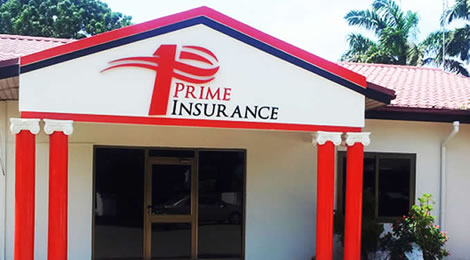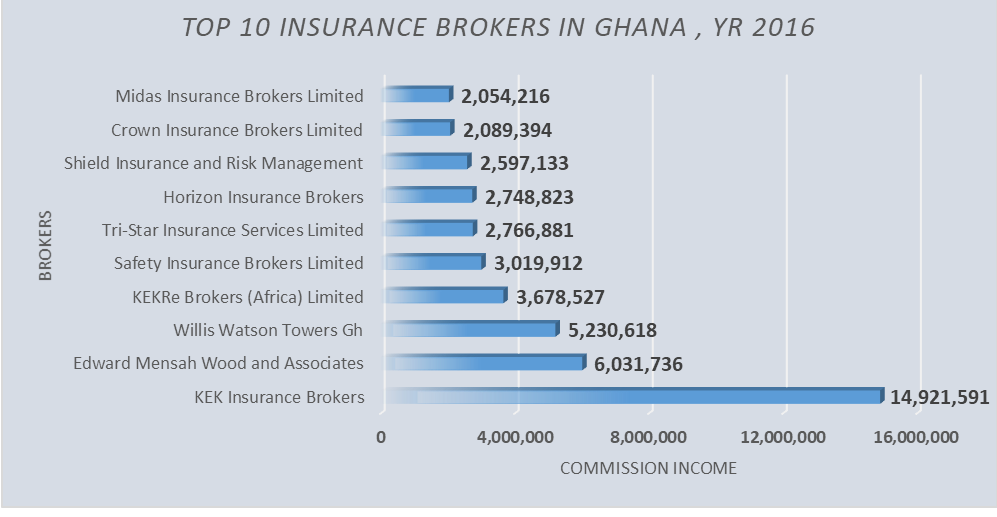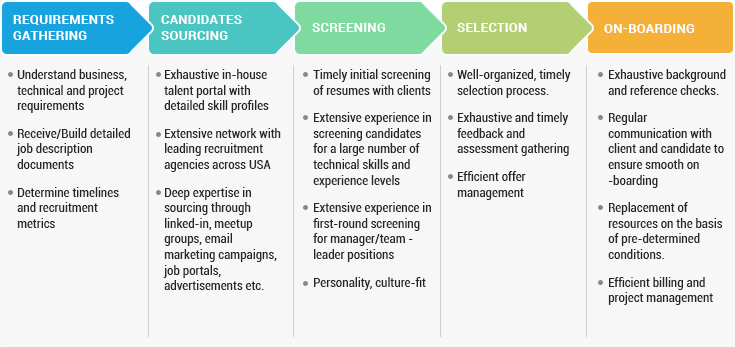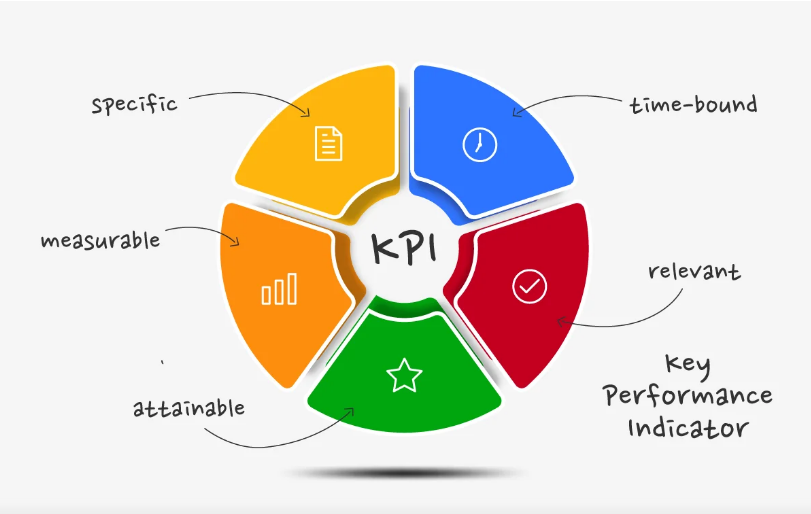Re-insurance Quality Not Capital, Determines Insurers Solidarity

The announcement, by the national Insurance Commission that insurance companies in Ghana will be given a maximum of two years to increase their respective capital bases to at least GHc50 million, from the current minimum of GHc15 million, has created anxiety among the insuring public. that the move is intended to avert possible failures to meet genuine claims obligations for reason of inadequate solvency. Indeed, rumours have been making the rounds over the past fortnight that the insurance industry is faced with solvency shortcomings similar to those experienced by the banks in recent times, which persuaded their regulator, the Bank of Ghana, to increase their minimum capital requirement by 233 % to GHc400 million in order to ensure the safety of their customers deposits. However, both top executives of the NIC and top tier executives of the insurance companies themselves have pointed out that the situation in the insurance industry is completely different from that which Ghana's banks faced in the run up to, and during their own recapitalization exercise. This is because in insurance business, it is the quality of the re-insurance done by each insurer that determines its capacity to meet claims, rather than its own financial solidity as measured by its capital. Insurers are able to pass on part of the risks they take on with each policy they accept to write, by placing some of that risk with re-insurers who consequently receive a commensurate share of the premiums paid as well. Indeed, Ghanaian insurers have proved very prudent in this regard, passing on most of their customers risks to re-insurers, most of whom are very large international firms, Actually, this is the real reason for the increased minimum capital requirement the NIC frets that Ghanaian insurers are passing on too much of the domestic business they underwrite to foreign insurers to whom they have to pay a commensurate part of the premiums paid by the customer and whom they have to pay in foreign exchange. The increase in the minimum capital therefore aims to increase the financial capacity of Ghana's insurers to retain their customers risks locally, and with this, to retain an increased proportion of the premiums paid as well. Currently, Ghana's insurers, on average, only retain about 30% of the risks they. underwrite for their customers and a commensurate proportion of the premiums paid too, with most of the rest going to predominantly foreign owned re-insurance companies. The impending increase in the minimum capital could enable Ghana's insurance industry to increase its capacity to retain business in-country by as much as 10%, especially since the local re- insurance companies - there are three of them - are also being forced to increase their minimum capital, and thus their capacity to underwrite insurance business in-country. Actually, the impending recapitalization exercise will hardly affect the value proposition that Ghana's insurance industry offers its customers. Premium rates are determined by insurers prior to their passing on part of the risk to re-insurers so their higher retention of customers business will not affect the cost of the insurance they offer. The digital transfer of communication, data and financial payments will ensure that the use of re-insurers does not affect the speed with which claims are paid, no matter how much of a business is retained and how much is passed on to re-insurers, wherever they are located. Indeed, insurers usually pay a customer's claims before the re-insurer pays up its own share and simply collects a refund later. However, over the next couple of years, customers will need to monitor the efforts of their respective insurers to meet the new minimum capital requirement within the deadline because those that do not will have to hand over their customers businesses to a compliant competitor, as selected by the NIC. This means that a customer would do well to choose where to move the business to before the NIC chooses for the customer. By Elliot WILLIAMS
Disclaimer: "The views expressed on this site are those of the contributors or columnists, and do not necessarily reflect insureghana's position. insureghana.com will not be responsible or liable for any inaccurate or incorrect statements in the contributions or columns here."
Share On Social Media
Other Posts
What is Cyber-Insurance? What You Need To Know
15 Best AI Tools Every Insurance Agent Should Use | AI for Insurance Agents
Edward Mensah, Wood and Associates Insurance Brokers Named Overall Best Insurance Broker 2024
CSA has sounded the alarm about insider threats in the insurance sector
Ghana’s insurance industry intensifies public education to build trust and boost coverage
Impact Life Insurance Company Limited launches “ABRABOPA” product in Kumasi
Insurance companies in Ghana: ranking per 2024 insurance revenue
Ghana’s 24Hour programme: Who’s leading, how it’s measured, and when it starts
Five (5) Reasons Why You Need a Homeowners Insurance Policy
Bringing insurance education to classrooms in Ghana
InsureTech
Technology


























